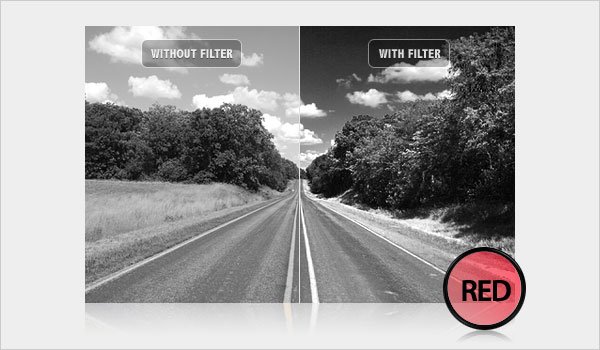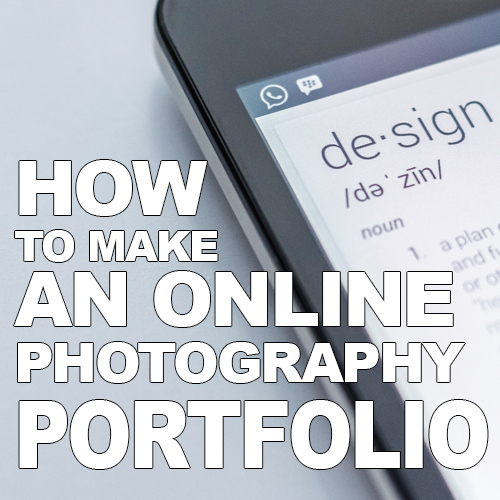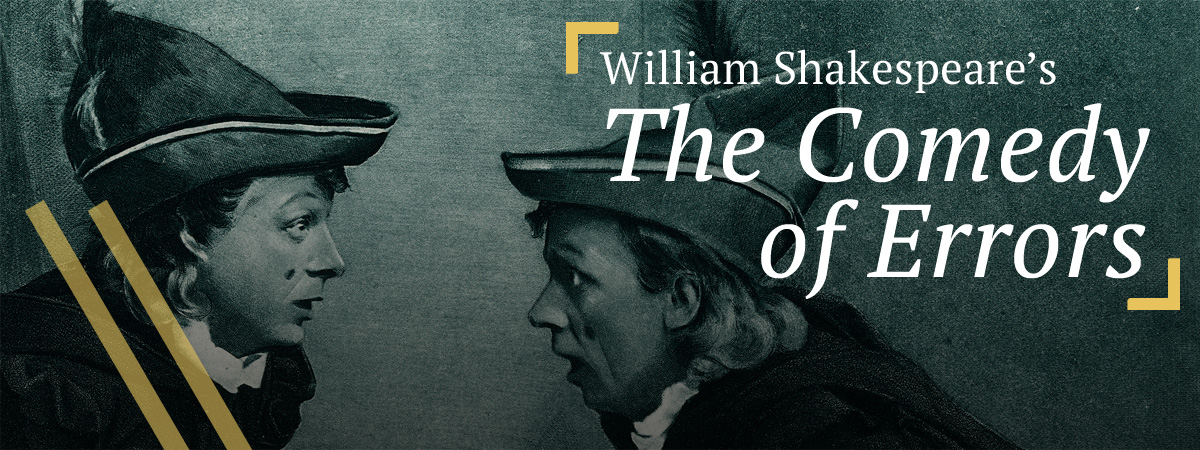
If you are looking to buy a cheap Sony camera, you can start by checking out the features available. These include the size, cost, AF system and many other features. Once you've narrowed down your choices, you can make your purchase and start using your new camera as soon as possible. You don't have to be a pro at finding cheap Sony cameras. Here are some of our top picks.
Features
Look for a Sony model below $500 if you're looking to purchase a camera for a reasonable price. A less expensive model may offer more features than a more costly model. Cheap cameras from Sony often lack the features of higher-end models, such as significant optical zooms, 4K video, or an OLED digital viewfinder. Many great cameras are available if you want to get a better camera for the money.
Price
While the latest Sony A7 IV camera may be on the high-end of the market, its price tag does not come cheap. The best combination of excellent image quality, high speed performance and advanced 4K video modes makes this camera a favorite among professionals and hobby photographers. Its price is also competitive, especially when compared to the A7 III, which is a more budget-friendly option. There are still other great cameras like the Sony A6400, A6500 and A6500.

Size
There are many affordable Sony cameras available on the market. Sony is a Japanese multinational company that designs, develops, and markets a wide variety of electronic products. Its cameras are renowned for their reliability, speedy autofocus and compact size. They are made to suit the needs of professional, amateur, and hobby photographers. There are two main types Sony cameras. The A7III & the a7IV.
AF system
Sony digital cameras have an excellent AF system that can be configured easily once it is set up. The Sony A1's autofocus system is capable of tracking both animals' eyes and human faces. When the subject moves away from the camera, it automatically switches between generic tracking mode or eye detection. The Sony a7RIV has an upgraded AF system with 567 focal-plane phase-detection AF points and 425 contrast AF points. It covers 74%. Refined tracking algorithms and a higher AF sensor density result in remarkable improvements in tracking performance.
Battery life
The Sony SGDVBT008/FW50 is powered by a 1100mAh battery. It also comes with a cable as well as a micro-USB connector. The AC wall charger is also included. The manual will help you get the most out of the battery. Battery life can be affected in many ways. The temperature of the air around the camera is one of the factors. The screen can be used for different purposes, including autofocus, zoom, or screen. Other factors that impact battery life include optical image stability.
LCD screen
A cracked LCD screen must be replaced. It is recommended that you purchase a protective screen protector or camera case to stop this from happening. This will ensure that you don't have to replace your entire LCD screen. Also, it is easier to replace a cracked LCD screen than a damaged one. For further information, consult the manual.

Built-in flash
While there are many benefits to a good flash, not all cheap Sony cameras can offer them. The flash of the V860IIS has two modes, master and slave. There is also a backlight mode button. The V860IIS does not have a video lamp, but it serves most basic needs. Here are the benefits and disadvantages of cheap Sony cameras with built-in flash. They are listed below:
FAQ
Which Lenses Are Best?
The most popular question that beginners ask is "What lens do I need?" This is a difficult decision because there are so many options.
The good news is you don't always need to buy a different lens with every purchase of a camera. You can instead add lenses later.
For starters, here are three types of lenses you might want to consider.
-
Wide Angle Lens: 14mm - 24mm: These lenses provide a wide angle of vision, which allows you to capture more details of your subject. You can zoom in to improve image quality.
-
Standard/Normal Zoom Lens (28mm-70mm): These lenses let you change the focal length while still maintaining excellent image quality.
-
Telephoto Zoom Lens (70mm - 200mm): These lenses are great for capturing distant subjects. They let you focus on your subject even though they appear small in the frame.
Combining lenses can create different effects. One example is to use a regular lens to photograph close-up details and then switch to a long-range lens to capture faraway objects.
Where can I buy cameras?
There are many online places where you can purchase cameras. B&H Photo Video is a reliable retailer. They have knowledgeable staff to answer your questions.
B&H ships fast and securely so it is easy to have your order delivered at your doorstep.
Check out this video to learn more about purchasing cameras.
Which is the best camera to use for beginners?
The best camera for beginners will depend on your budget, needs and level of skill.
For instance, you could choose a point & shoot digital camera if your goal is to save some money. These cameras are not very versatile but offer excellent quality.
A DSLR (Digital Single Lens Reflex) camera has interchangeable lenses that let you shoot different types of shots. These lenses are usually more expensive than point-and shoots, but offer greater flexibility.
For beginners to photography, the beginner's set is a great place for you to start. Everything you need, including a flash, tripod, memory card and camera body, will be included in the one-pack.
Do not forget to get extra batteries!
How can I become a professional photographer?
Photography requires patience, dedication, passion, and practice. Passionate about photography will make you do better than if it was just for the money.
It is essential to understand how to use your camera effectively. You will need to know how to use your camera properly. Additionally, you should have a good grasp of Photoshop.
It is hard to master photography, but it is worth the effort.
You can learn more by reading books, taking classes, or participating in competitions if you are looking to improve your skills. You will gain confidence and experience, which can lead to improvements. What equipment do you need?
It really depends on what kind of photography you like to do. For example, if you are interested in landscape photography, you will need a wide-angle lens.
You should invest in a Telephoto Lens if you love portrait photography.
A tripod is essential when taking photographs. It allows you to stand back and compose your picture without moving around.
Camera bags can be useful for carrying your camera and memory cards as well as other accessories.
If you are using a compact lens, a flash is needed.
An DSLR (Digital Single Lens Reflex) is the best camera for beginners wanting to take professional quality photographs.
DSLRs are very popular as they let you control all aspects of your photos, such as shutter speed, aperture and ISO sensitivity. There are many features available, including autofocus, self-exposure lock (auto-exposure lock), bracketing, and RAW format.
Is photography a rewarding job?
Photography allows you to record moments in time and share these with others. You can make a lot of money by taking up photography if you are willing and able to work hard. There are many opportunities to make a career as a professional photographer. As a hobby, you can take photos of friends and relatives. This would help you improve your skills and build confidence. Once you have mastered this stage, you can move on to paid assignments. The best photographers earn a living from their craft. They might accompany clients to parties or weddings, where they have to capture images that show people having fun. But most professionals prefer commercial work such as advertisements or product shots.
It is important to know what kind of photography you like before you can become a professional photographer. Next, practice, experiment, try new techniques, until you feel comfortable with your technique. It is impossible to replace the experience of being in this position. Don't expect instant success.
When you are just starting out with photography, it is important to first master technical skills. Then, focus on creativity. Photography involves both artistic and technical aspects. Learning to use the right tools and understand the basics of composition will help you succeed faster.
Consider whether you want to be a professional photographer full-time or part time. Some people combine their love for photography with other jobs. You might be able to work for a local newspaper while also pursuing freelance projects. Some people choose to devote all of their time to photography. Whatever the case, success in any creative area requires dedication and commitment.
It is important to take the time and effort necessary to make a career out of photography. So, think carefully about whether you really want to devote yourself to something like this.
Is digital photography hard?
Digital photography isn't as simple as you might think. It takes time and effort to learn how to use the tools properly. For different shots, you need to know which settings to use. Learning by doing is the best way to learn. Practice makes perfect.
Statistics
- Get 40% off Adobe Creative Cloud(opens in new tab) (creativebloq.com)
- There are people out there who will pick at flaws they can only see in 100% crops of your photos. (wikihow.com)
- In this case, 100% of readers who voted found the article helpful, earning it our reader-approved status. (wikihow.com)
- The second easiest way to get blurry photos 100% of the time is to use a cheap filter on the front of your lens. (photographylife.com)
External Links
How To
How to Take Portrait Photos
Portraits are important, because they reveal who you truly are. They can also tell your life story. While you may have one favorite photo of yourself as a child, you now want to take something different. It's easy not to remember how much fun photographing can be. These tips will help you get started.
-
It is important to have enough light. The best time to photograph portraits is in the morning and late afternoon. Use flash only when there is not direct sunlight. This will wipe out any details. Also, avoid shooting at midday. You will have too many shadows.
-
Use a tripod. A tripod will prevent you from seeing any movement when you hold the camera still. That means you'll miss the chance to freeze action. If you plan to use flash, make sure that your shot is set up without one. Then turn off the flash and try again.
-
Close-ups are best. Closeups are great for showing detail. But they can look fake unless you've got a good eye. Pay attention to the eyes, noses, and mouths of people. Notice anything unusual? Is this someone who wears glasses? Are there freckles across her nose? These are subtle details that add depth to someone's appearance.
-
Don't force smiles. Smiles can be tricky. People smile when they feel happy. But some people don't. You can't force smiles, because it looks forced. Take a moment to think about what makes us laugh. You might find something silly, like a cat leaping through a hoops. Maybe you just love to watch paint dry. It doesn't matter what it is, just keep at it until it makes you laugh.
-
Find your creative side. People think they're boring. However, being boring is not a bad thing. Try to find ways to break away from the norm. Perhaps you ask the person to place his hands behind your back, or pose with his hands behind your back. Perhaps you could suggest having him put on a funny hat.
-
Keep practicing. You will improve your ability to capture moments if you keep practicing every day. You will start to notice more interesting details around you as your skills improve.
-
Have fun. Photographing should be fun. It's easier to enjoy the process and be willing to do it again. You'll likely end up with some truly amazing shots.
-
You should share your work. When you are confident in taking good photos, please share them with your family. Explain to them why you took that picture. Show them where it was. Tell them what you did.
-
Be patient. Sometimes you just won't click. It happens every day. Don't worry. Don't worry. Just move onto another image.